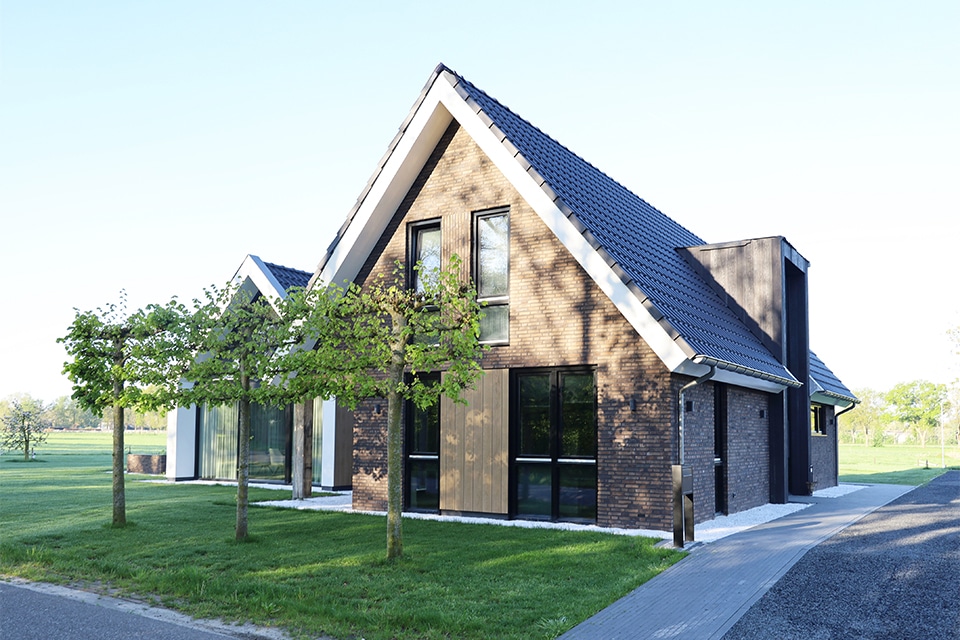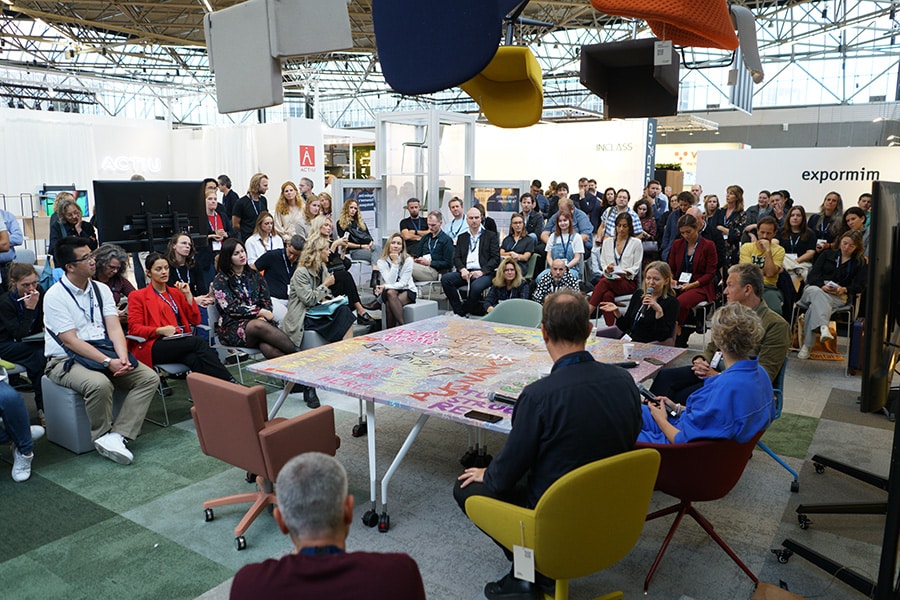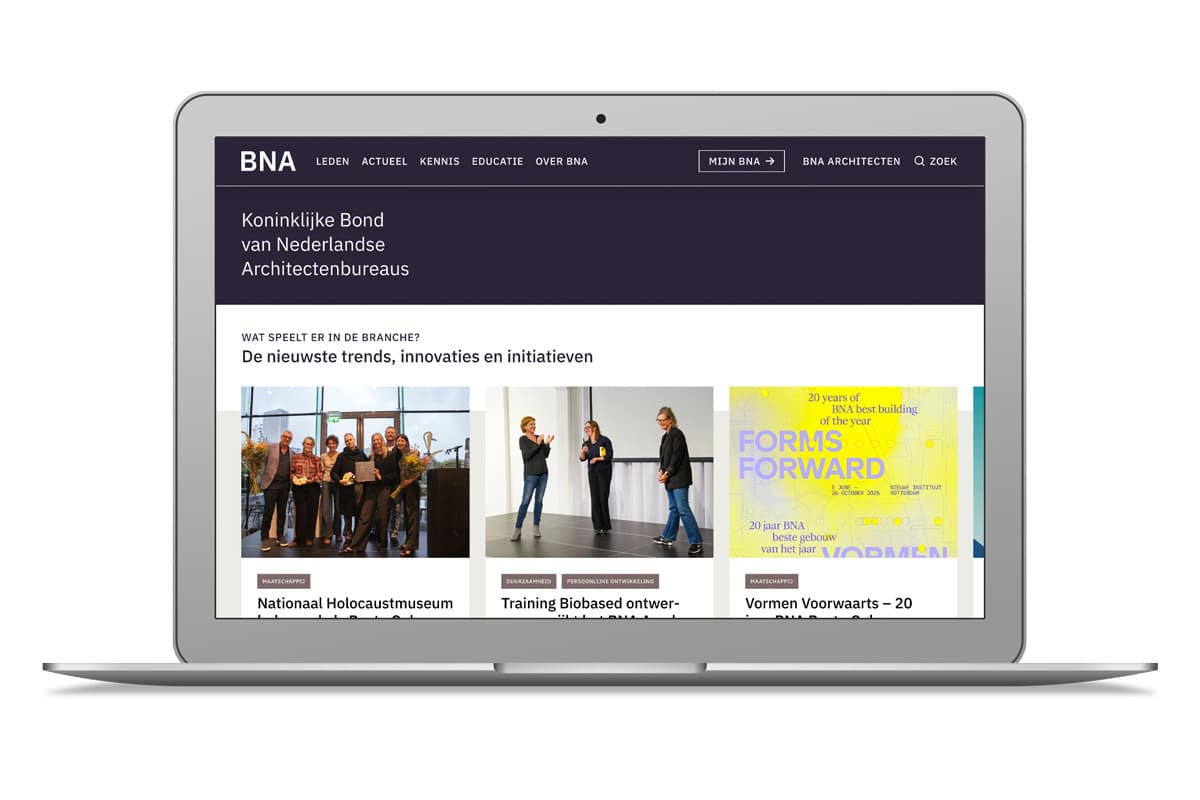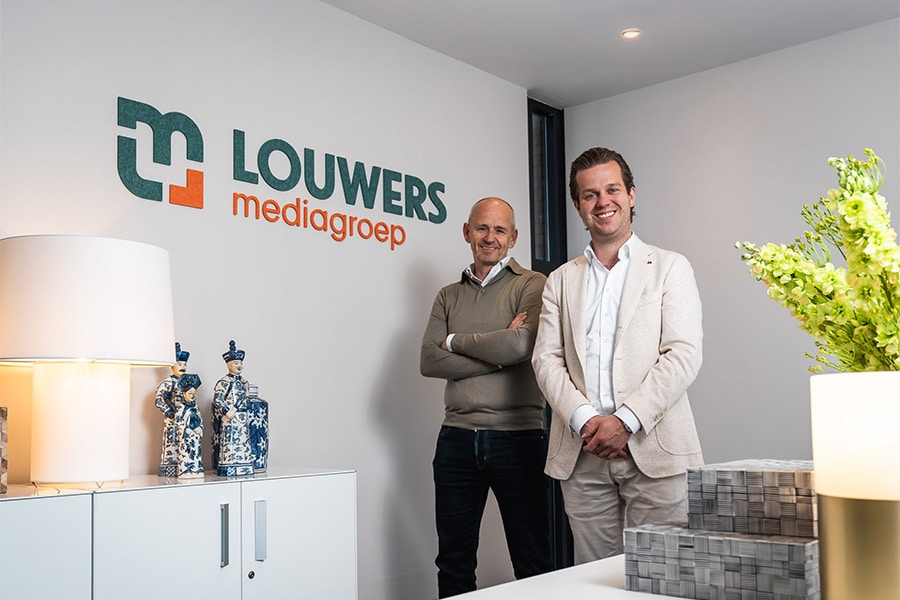
'No roof to waste'
It is the belief of Derbigum, the manufacturer of bitumen roofing materials for flat roofs, according to Director of the Netherlands, John Poppelaars. "The high-quality bitumen manufactured from petroleum is 100 percent recyclable, even after an initial life span of 40 years, thanks to a unique and patented process."
Derbigum is a Belgian company with a facility in Breda as well. "The family business was founded in 1932 and at that time started manufacturing waterproofing pastes for roofs. From the start, we have been producing on the basis of sustainability and with respect for nature. The easiest way to reduce our ecological footprint is to maximize the lifespan of our products. For this reason, we started recycling bitumen into a completely new raw material in 1990. The new Derbigum top layer is the most ecological solution for at least another 40 years of a waterproof roof. On the basis of recycling, we developed the top layer Derbigum NT and the carpet pad Derbicoat NT."

The recycling process begins by collecting cutting and production residues and old roofing membranes in big bags. "We grind them into finer granules, then remove dust and metal residues. Through a patented process, we get a new bitumen raw material, Derbitumen, which we deploy in the NT range. The process has less environmental impact than re-mining petroleum."
Derbigum, according to Poppelaars, is thereby taking its ecological and social
responsibility when it comes to recycling products. "We champion the circular economy and the figures to date speak for themselves: 25,600 tons of bitumen recycled with which we saved 13,000 CO2 and 36 million liters of petroleum. Looking to the future, we have set the goal of producing 5,000 tons of Derbitumen annually."

The readmission certificate
"Due to our extensive experience with recycling, we are convinced that Derbigum NT and Derbicoat NT is and will continue to be the perfect ecological and quality covering for flat roofs. This is why we go one step further and offer a take-back certificate with each completed Derbigum roof. With this, the roof serves as a strategic stockpile: the roofing membranes are recycled into new bitumen at the end of their useful life, without loss of quality and with respect for the environment and the planet. And we do it all together."
The reuse of bitumen is only possible if scraps and old bitumen remain available. "We therefore count on contributions from installers and our customers: the cut residues and old roofing membranes are most welcome. By using Derbigum NT roofing, there are fewer CO2 emissions, which is why we also provide our end users with a CO2 reduction certificate."

Choosing environmental sustainability
According to Poppelaars, Derbigum NT is among the most environmentally sustainable roofing choices. "To back this up, we asked the Netherlands Institute for Building Biology and Ecology (NIBE) to test Derbigum for its environmental impact. This gives us proof that sustainable growth is perfectly possible. We therefore remain optimistic amid the current dark climate predictions and are happy to take a leading role in this."



